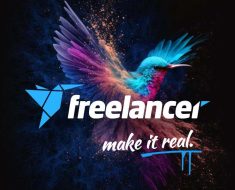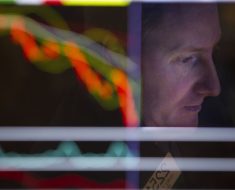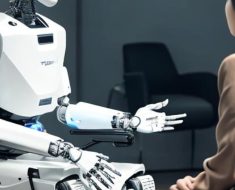Generative AI: Redefining the Landscape of Photography

Photography, once defined by John Szarkowski, a former curator of the Museum of Modern Art, as the act of capturing a visual perspective from the physical world, is undergoing a paradigm shift. A new wave of generative AI tools, capable of creating photorealistic images without direct capture from the real world, is challenging traditional definitions and norms. These AI-generated images not only find home at stock agencies for purchase but also go viral online, and have even clinched photo prizes, igniting a debate about what truly constitutes a photograph.
AI and the Changing Face of Photography
The microchip manufacturer MU is investing heavily in generative AI, acknowledging its transformative potential across industries. Meanwhile, StarryNift, a blockchain-based company, has introduced an innovative framework that addresses tokenomics design. This revolution in creative expression democratizes art and creativity, as anyone can now generate art and innovate in various fields such as literature, music, cinema, and culinary arts. The implications for education, access, and ethical use, are profound, marking a tangible shift in how we perceive and engage with art and learning.
Midjourney 6: The New Age of Digital Image Creation
Midjourney 6 is a groundbreaking evolution of digital image creation. It enhances its proficiency in producing high-resolution in-image text and photorealistic images, expanding the horizons of visual storytelling. This new version is compatible with GPT and DALL-E style prompting and introduces a remarkable enhancement in food texture rendering. Midjourney’s AI image generator allows photographers to explore new horizons in image creation by leveraging artificial intelligence to generate complex images from textual descriptions. This leap forward raises legal questions around copyright and ownership of AI-generated artwork, underlining the importance of registering works to claim statutory damages in case of infringement.
The Ethical and Legal Implications
The US Copyright Office plays a pivotal role in protecting the rights of photographers, making it imperative for them to ensure proper attribution and obtain consent for the use of their photographs to protect their intellectual property rights. As the technology pervades, it inevitably brings issues of authenticity and ethics to the forefront, necessitating the evolution of educational programs and the art form itself. The rise of generative AI might lead to a new understanding of visual media, fostering a more educated skepticism towards images, akin to historical shifts in art such as the reaction to the invention of the daguerreotype.





